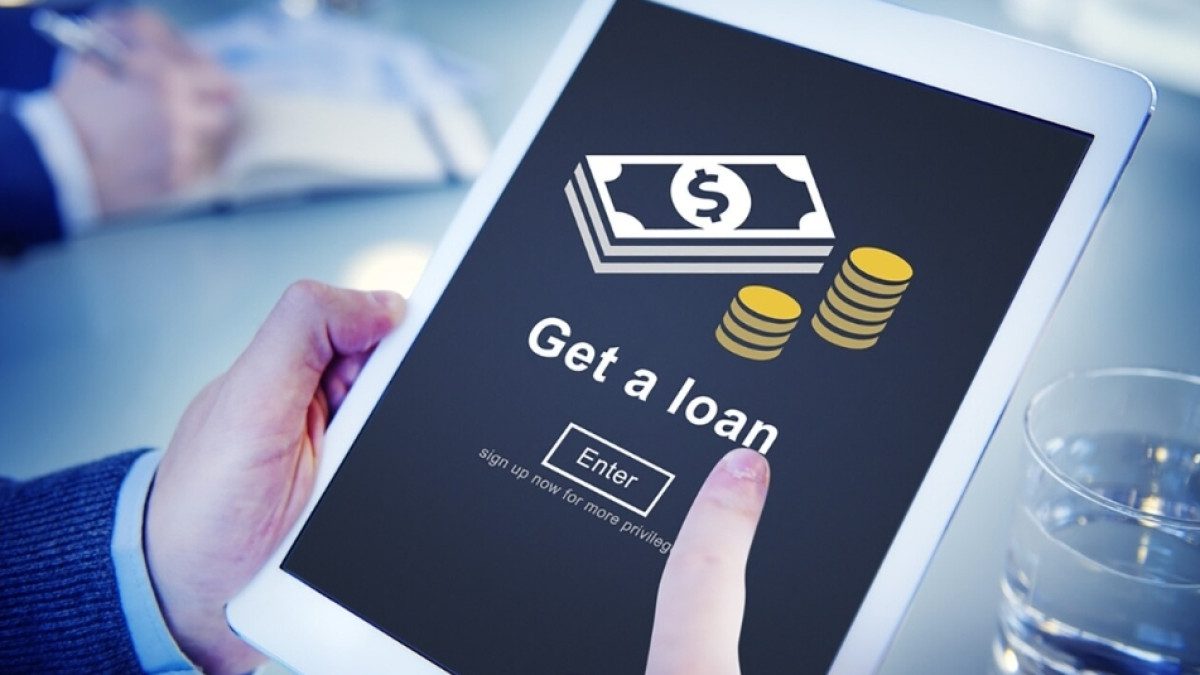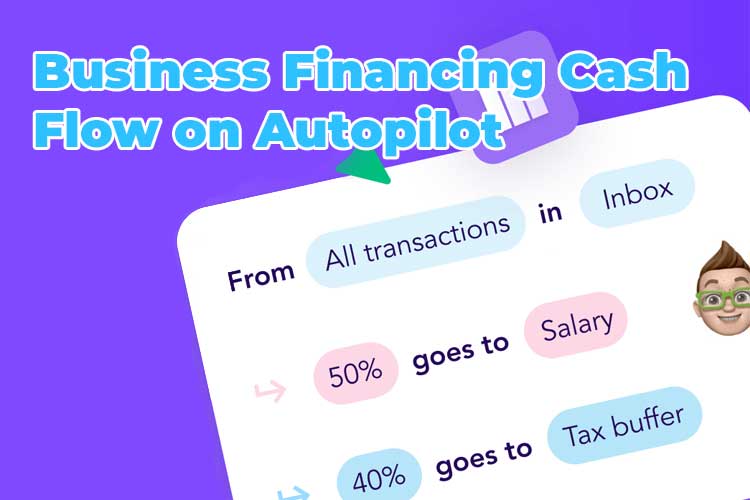Let’s Find out The Do’s and Don’ts of Personal Finance. Personal Finance can be used to finance a home improvement project, pay for a wedding or funeral, or – most often – consolidate credit card debt. This loan product became popular after the 2008 financial crisis and is now one of the fastest growing products for banks.
Contents
Most personal loans are unsecured, which means you don’t have to provide collateral, such as a house or bank account, to leverage the bank.
With personal loans, you take out a fixed amount of money and pay it back over a set period of time at a fixed interest rate. While it sounds simple, there are many complexities to taking out a loan that are not immediately obvious, such as checking what types of fees are charged on top of a loan or making sure there are no errors on your credit reports.
Here are the do’s and don’ts for getting a personal loan.

Do’s for a personal loan
Do’s: Check your credit reports
Your credit score and credit history are key factors in determining the interest rate you receive on a personal loan. Banks use credit score as a barometer of risk. If you have already made timely payments, you are more likely to repay your loan. Therefore, the better your credit, the lower your rate will be. In general, rates are between 4% and 36%.
Due to the COVID-19 pandemic, the three major credit bureaus (Equifax, Experian, and TransUnion) are offering free weekly reports on AnnualCreditReport.com through April 2021.
We recommend checking your credit reports to ensure they are in perfect condition. An error (for example, missed payments or a credit card fraudulently attached to your name) can wreak havoc on your credit score, so check for accuracy and dispute any information that is not correct.
Do: Compare APR
The difference between a low interest rate and a high interest rate can be significant. Let’s say you have a $10,000 loan with a five-year term. Over those five years, the difference in overall cost between a 10% APR and a 25% APR would be $4,862.56.
We always recommend that you shop around before committing to a loan, as each lender will evaluate the information in your application differently.

Do: Consider the risks if you have bad credit
If you have a credit score below 670 (“good” by FICO standards), you may have a harder time getting a decent interest rate on a personal loan. Also, people who have gone bankrupt or who have not established a credit history will have difficulty getting a loan.
People in this situation may need a co-signer to improve their chances of getting a loan. A co-signer is a secondary borrower who can give your loan application a boost by offering their (presumably good) credit history. It assures the bank that the loan will not be turned down, since there is a back-up person who will be responsible.
Adding a co-signer can make it easier to get an offer and even get a better rate than if you had applied alone. But the risk is that if you miss a payment, both you and your co-signer will see your credit rating go down.
You may also need to consider a secured loan if your credit is not good enough. Most personal loans are unsecured, and providing collateral (in the form of a house, car, bank account or investment account) gives the bank an advantage in a situation where you may not be an attractive candidate.
Interest rates on secured loans are often lower, but of course you take on much more risk if you fail to meet payments at a certain time. If you default on a secured loan, the bank can seize your collateral, which means you could lose your home, your car, or anything else you’ve put up as collateral.
Do it: Take a closer look at the rates
Review your loan offer with a fine-toothed comb before you accept it. You want to make sure you understand everything in the contract; otherwise, you may be forced to pay unexpected fees in the future. Here are the most important aspects of the personal loan to evaluate:
APR: What is the interest rate, is it fixed or variable, and is the interest rate lower than your credit card rate? If not, it may not be worth borrowing.
Repayment term: How long will you have to make monthly payments and when will you have to repay the loan?
Monthly payments: Can you afford these payments and are they compatible with your budget?
Secured or unsecured: Will you have to use your bank account, for example, as collateral for the loan, or is it an unsecured loan?
Application fee: Is there an upfront fee for the loan and, if so, how much does it cost? Is the lender transparent? Remember that many lenders who do not charge these fees continue to do so. They simply roll them into your interest rate.
Early repayment penalty: will you be penalized with a fee if you want to repay your loan early?
Do: Get pre-qualified from several lenders.
Prequalification is a process in which you provide your own financial information and desired loan terms to obtain an informal estimate of the personal loan for which you qualify.
This step is different from pre-approval or the actual loan application in that it does not require the lender to review and verify your documents and does not involve a difficult credit check that could lower your credit score by a few points.
Also, pre-qualification does not mean you are actually approved; it simply tells you whether you are likely to be approved and what the terms of your loan might be.
Prequalification is a quick, often instantaneous process that allows you to see how much money you would be approved for, what the interest rate would be, and what the terms would be.
You can get pre-qualified with any number of lenders. We recommend that you get estimates from at least three lenders so you can understand what is available to you based on your credit profile.

Personal Finance Don’ts
Don’t do it: Don’t accept the first loan offered to you.
Always inform yourself before you take out a loan. It’s not just well-known banks that now offer personal loans. You can also find them at credit unions, community banks, online banks and online lenders, many of which may offer you a better interest rate than your usual megabank.
All lenders evaluate applications differently, and variables such as income and credit score are weighted differently depending on the criteria.
So one bank may not like the fact that you’ve been laid off, while another may not care because you have an “excellent” credit history. It all depends on factors beyond your control, so you need to broaden your options.
To avoid it: Borrow as much as possible.
We advise you not to take out a large loan just because you can afford it. A loan installment that seemed manageable at the time of approval may later turn out to be a mistake if, for example, you unexpectedly lose your job.
Farnoosh Torabi, a financial journalist and host of the “So Money” podcast, recommends not taking out loan installments that exceed 5-10% of your monthly budget. Over-indebtedness can be as dangerous as paying for something you can’t afford.
Avoid: skimp on payments
Schedule automatic withdrawals or monthly reminders to pay off your personal loan. Payment history accounts for 35% of FICO credit scores, followed by credit utilization, length of credit history, credit mix and new credit.
Missing or late payments can negatively affect credit scores and make it difficult to obtain loans, credit cards or even long-term home leases. Set yourself up for success now, and get this recurring note on your calendar. You’ll thank your future self for it.
- The winner of the Hottest Firefighter promises: “I’ll stay dedicated to saving lives.” - December 1, 2022
- Smiling influencer caught on camera kicking a dog apologizes for sharing the ‘cruel act.’ - December 1, 2022
- What is full coverage auto insurance in Florida? - November 14, 2022



